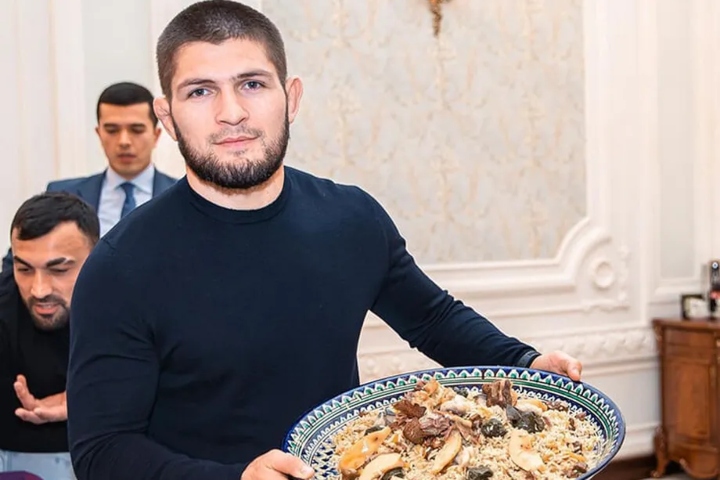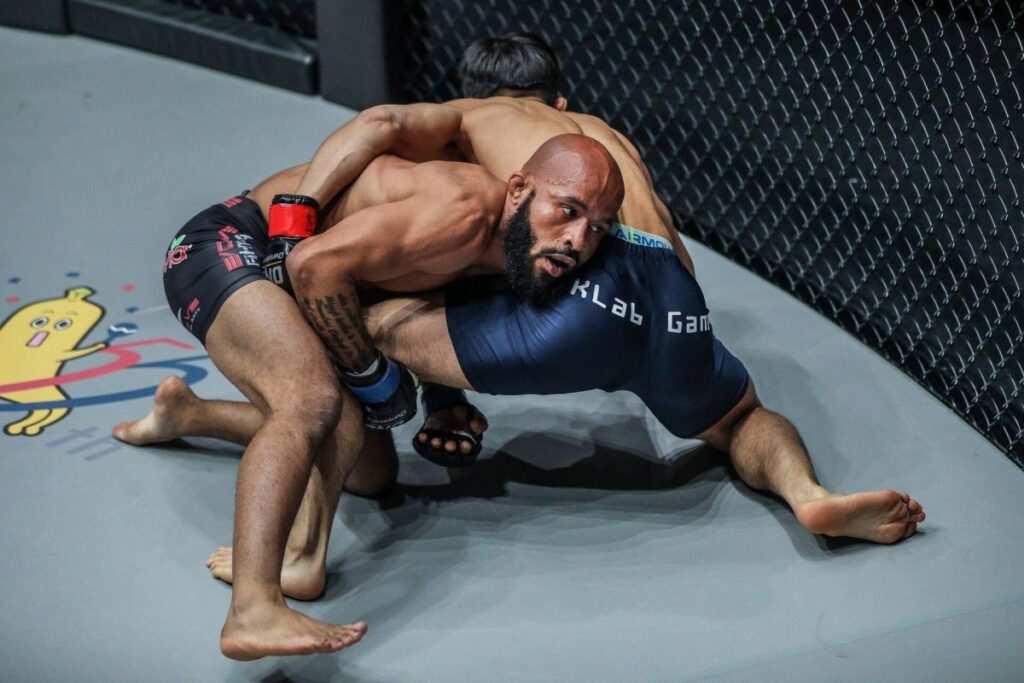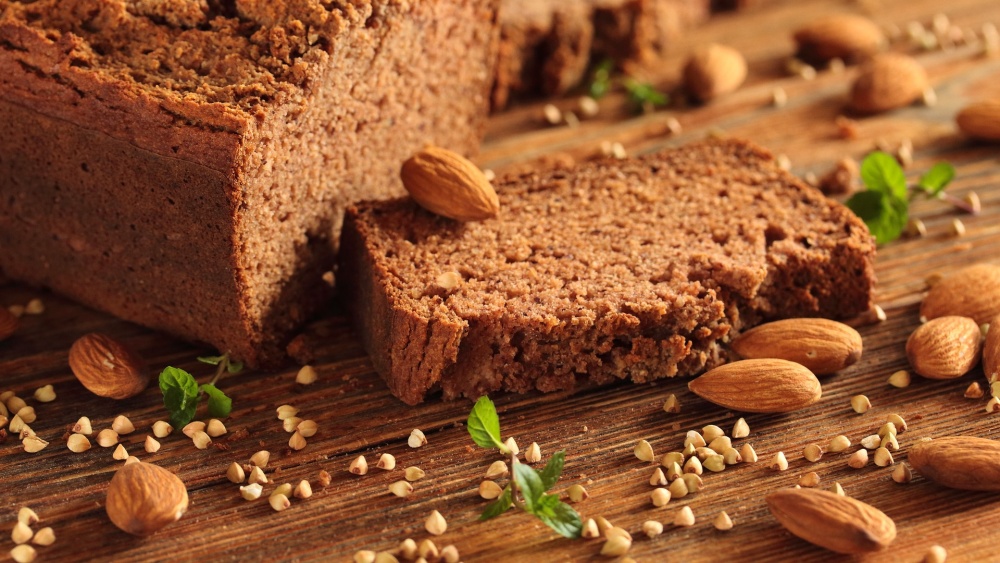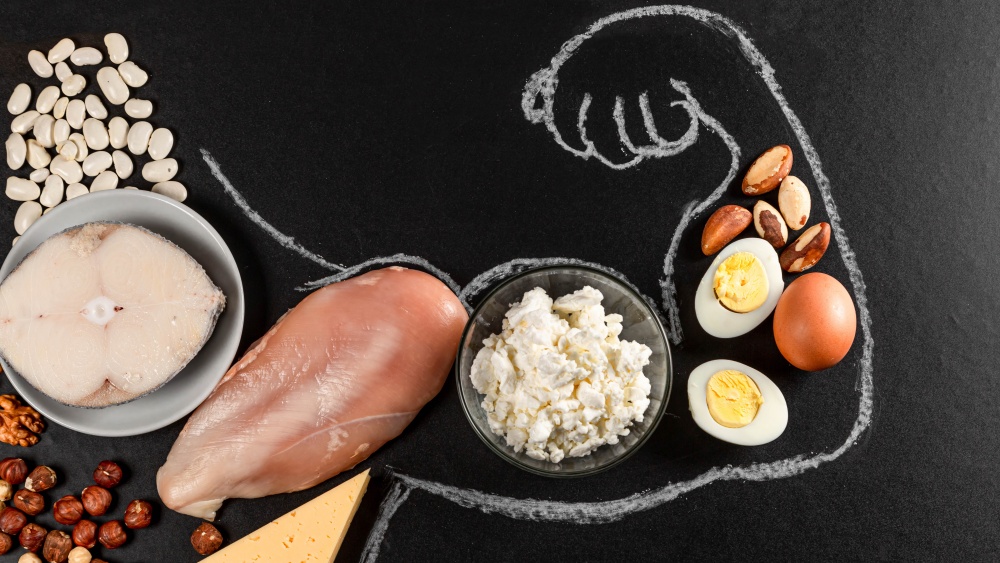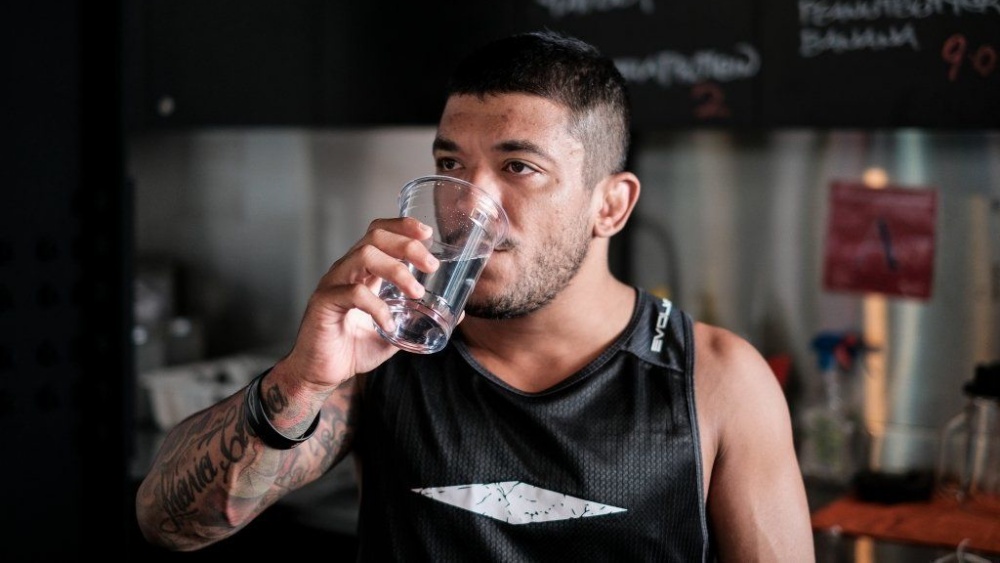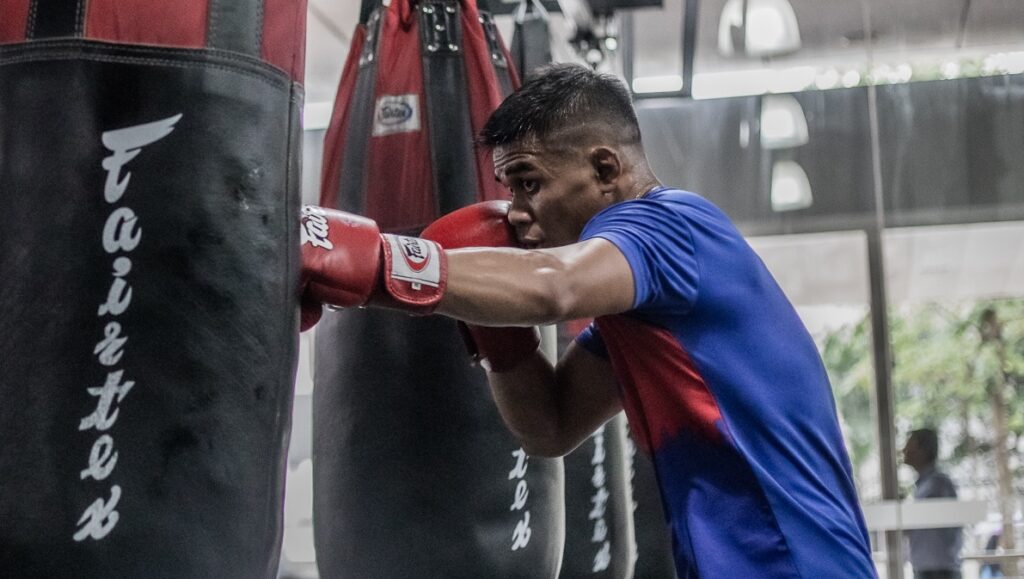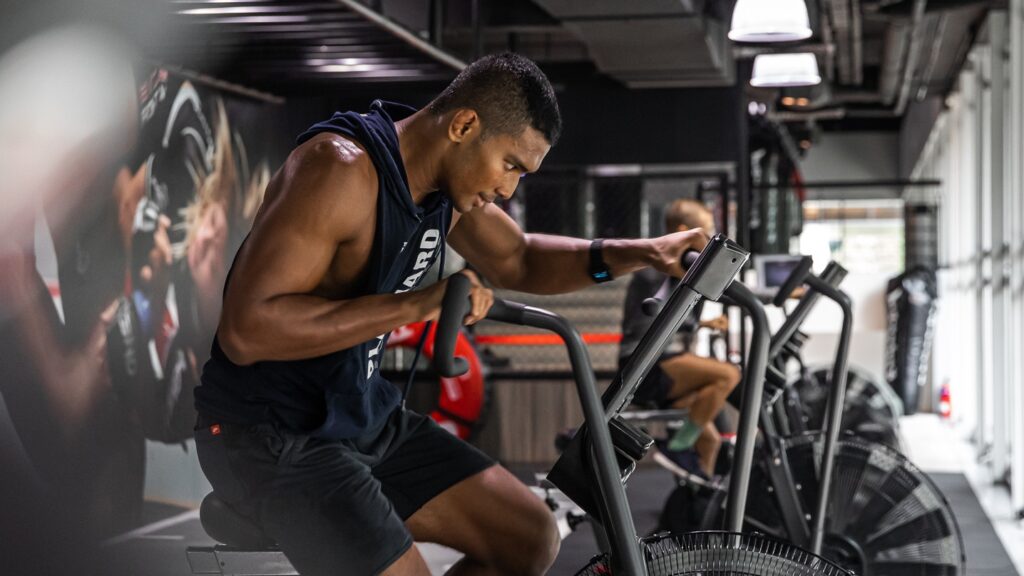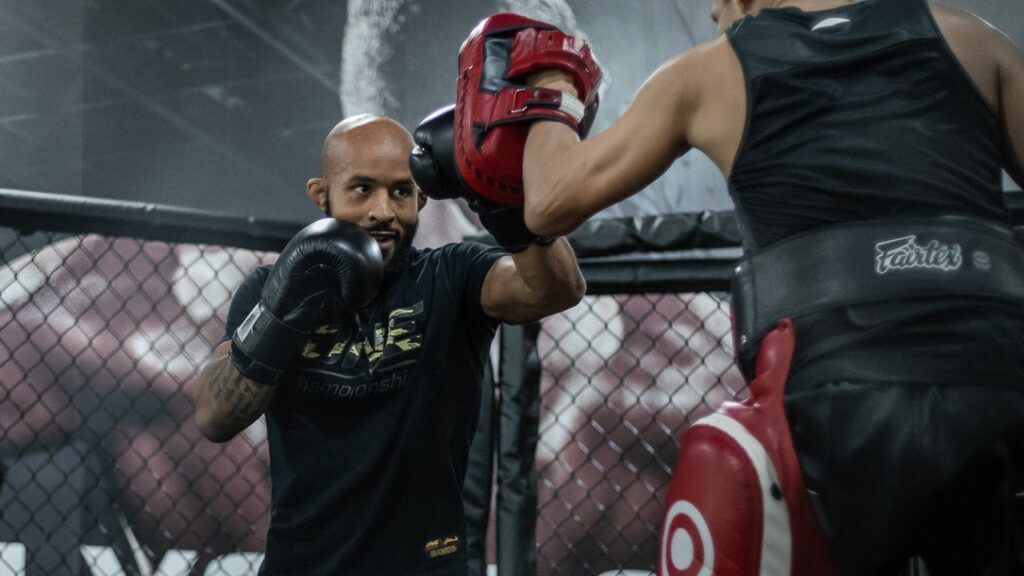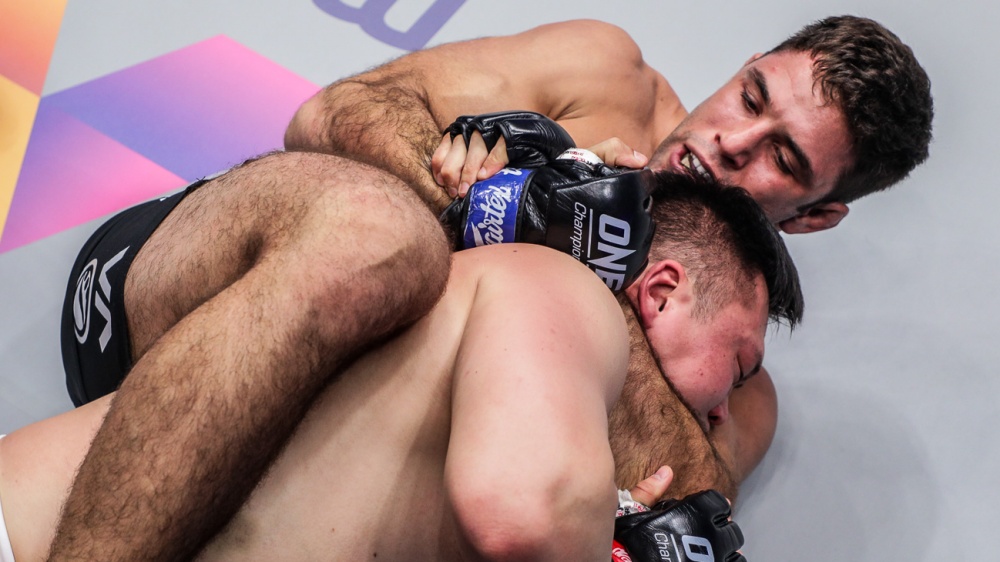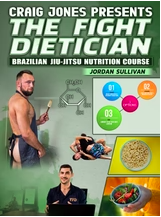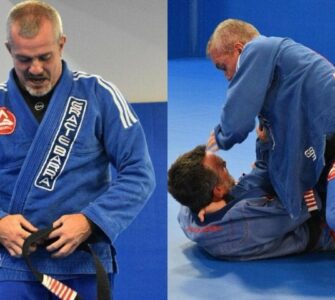Guest post by Evolve MMA, Asia’s premier championship brand for martial arts. It has the most number of World Champions on the planet. Named as the #1 ranked martial arts organization in Asia by CNN, Yahoo! Sports, FOX Sports, Evolve MMA is the top rated BJJ gym in Singapore.
Mixed martial artists are some of the most impressive physical specimens you could ever see. Fighters like Yoel Romero manage to maintain extremely low body fat percentages with lots of explosive strength and muscle endurance even at the age of 45.
MMA fighters and other combat sports athletes often focus more on their diets in the weeks leading up to competitions, but that’s not the best approach. Nutrition is a lot more than managing your diet so you can make weight for scheduled competitions. Your diet should also support regular intense training sessions while speeding up recovery and helping to maintain optimal body mass and fat.
The main nutritional goals mixed martial artists should focus on include:
- Promoting immune function
- Maintaining energy supply to working muscles
- Providing essential nutrients for muscle repair, growth, and adaption
- Reducing inflammation (which speeds up recovery and promotes good health)
Structuring Your Diet For Optimal Performance In Mixed Martial Arts
The foods and beverages you consume fuel your workouts and recovery. Poor nutrition leads to poor performance in the gym and during competitions. Nutrition is one of the most crucial aspects of a mixed martial arts fighter’s daily routine.
MMA often requires fighters to cut weight for their competitions and still perform at a high level. Only a few top promotions like ONE Championship have rules in place to prevent fighters from making significant weight cuts. The best approach is to take your diet seriously months before you have to cut weight. Losing significant amounts of weight a few days before a competition will affect your performance. You can’t starve your body for a few days and expect it to perform optimally the next.
The ideal approach for MMA fighters is to make nutrition a priority year-round. This keeps their body in optimal condition so they only have to lose a few kilograms of water weight during their cuts. The endless cycle of weight cutting puts lots of stress on the bodies of fighters and comes with significant health risks.
The period in between fight camps is the ideal time to allow your body to recover from weight cuts and improve your energy balance. Getting adequate amounts of carbohydrates, proteins, and healthy fats is essential during these periods.
Some of the guidelines you should follow when trying to promote recovery from your workouts while ensuring you have enough energy to power you through intense workouts include:
1) Consume Enough Carbohydrates Before Training Sessions
Eating a mix of complex and simple carbohydrates before training provides your muscles with the fuel they need for intense physical activity for extended periods. MMA fighters involved in strenuous training activities, which often include training multiple times throughout the day, should aim to consume five to eight grams of carbohydrates per kilogram of body weight. Examples of healthy carbohydrates include wholegrain bagels, granola bars, oatmeal, and fruit.
2) Consume Rich Proteins After Every Training Session To Promote Muscle Recovery
Your body needs protein to repair and rebuild muscle tissues that are damaged during your training sessions. One of the most important times to consume proteins is right after your workouts since that’s when your body needs it the most.
Aim to consume 20 to 30 grams of protein after each serious training session. Examples of good sources of protein include Greek yogurt, beef jerky, and protein shakes.
3) Drink Enough Fluids
The rule of thumb for all athletes involves in intense training is to replace all the fluids lost during training by drinking 32-48 oz for every kilogram lost during training. The most scientific way to ensure you replace all the fluids you lost is by weighing yourself during and after training sessions.
You can also use the color of your urine to assess how well-hydrated you are. You ideally want your urine to be a light lemonade color. Drink enough fluids until your urine achieves this color or lighter. Add some electrolyte powder to your water to replace some of the nutrients lost via sweating.
Stick to the three guidelines listed above and you’ll be able to get a lot more out of your training sessions. However, the things you eat when training shouldn’t be the same things you eat leading up to competitions or on fight day. We’ll take a more detailed look at what your diet should look like during these distinct stages of fight preparation.
High-Intensity Training Days
High-intensity training days make up the bulk of your fight camp. About half of your meals should be carbohydrates during this period. Carbs are the most energy-efficient fuel for high-intensity physical activities and they also aid muscle recovery.
Making sure you consume enough carbs is especially important when you have multiple training sessions scheduled in a day. At least 50 percent of your meals, especially before training, should be carbs, while protein and veggies make up a quarter each.
Rest Days/Low-Intensity Training Days
Your energy demands are a lot lower on rest days or days that are scheduled for low-intensity training activities, so you can cut down on carb consumption. Your meals should be about 50 percent non-starchy vegetables and fruits so your body gets all the antioxidants, minerals, and vitamins it needs. Consuming mostly fruits and vegetables also helps to improve your fiber intake, making you feel fuller for longer periods.
The remaining 50 percent of your meals should be split between whole grains and lean proteins to help with muscle recovery. You can also add some healthy fats to your whole grains.
As we stated earlier, the period between training camps is the optimal time to allow your body to recover and increase your energy levels. Your diet during this period should be a balance of high-carb and low-carb days, making sure you have all the energy you need to train while maintaining ideal body composition. Eating on your rest days as you would on your training days would lead to weight gain.
Fight Camp
The term “fight camp” refers to the six to eight-week period after signing a fight contract. At this point, you know when you’ll be competing and who your opponent will be. You also want to start working towards your fight weight once fight camp starts.
Your nutrition during this period is also a balance of high and low-carb days, but it’s a lot more restrictive since you also want to lose weight.
High-Intensity Fight Camp Training
Aim to consume 30 to 60 grams of carbs about an hour before intense training sessions to increase your energy availability during your workouts and prevent early fatigue. You should also consume some carbohydrates after your training sessions since they help to restore glycogen stores, reduce muscle soreness, and promote recovery. Eating carbs after an intense training session also ensures you have enough fuel for your other workouts later in the day.
Depending on how intense your workouts are, aim for a 1:1, 2:1, or 3:1 carb-to-protein ratio. No need to worry about consuming so many carbs since you’ll be using all the calories you get during your training sessions.
Protein is the other important macronutrient you should focus on during fight camps since it aids in muscle recovery and helps to maintain strength. Mixed martial artists should aim to consume about 2.2 grams of protein for every kilogram of body weight. Aim to consume about 20 to 40 grams of protein as soon as possible after workouts. Protein shakes are an excellent option for this since most give you up to 40 grams of protein and take less than a minute to prepare.
Consume some protein every three to four hours after your workouts to keep your body well-supplied with the essential building blocks it needs to repair muscles and build new muscle tissues. About 1 gram of healthy fats should be consumed daily for every kilogram of body weight to reduce inflammation all over the body and promote muscle recovery.
Your training workload should gradually go down as you move toward fight day. As your workload decreases, your protein intake should go up while your carb intake decrease. As a result, your body starts going into its fat reserves during your workouts so you lose fat stores. Do this properly, and you shouldn’t have to cut much weight leading up to your fights. Your body will already be in optimized condition.
Fight Day
Fight day nutrition shares many similarities with intense training days. You’ll need lots of carbs to achieve peak performance. Carbs top up the glycogen levels in your muscles so you have enough energy to last during a fight.
Here are some guidelines to follow on fight days:
- Consume your first meal within an hour of getting up in the morning. It should include a good source of protein and some carbs in the form of fruits and starchy vegetables. Sprinkle in some healthy fats to balance out the meals. The fats will help to slow down the digestion process.
- Eat about 60 to 90 grams of carbs and 30 grams of protein a few hours before your competition. Avoid fats for this meal since they will slow down the absorption of carbohydrates. The goal of eating a few hours before your competition is to optimize carb absorption.
- Consume one gram of carbs for every kilogram of body weight about an hour before intense competition. Simple carbs in the form of powder, cereal, or drinks are excellent leading up to competition since they are digested and absorbed quickly. A small snack that’s about 60g of carbs works for most people.
Overall, the energy requirements for combat sports athletes vary based on factors like their training schedule, weight, and height. While sports like mixed martial arts typically require competitors to weigh in for their division before their fights, skipping meals or drastically reducing your food intake is not recommended.
Extreme weight-cutting and dietary practices can lead to serious and life-threatening health issues. Drastic weight cuts also reduce performance on fight days and make fighters more susceptible to getting knocked out. Cutting weight mostly involves losing water weight, leaving the body dehydrated at fight time. As a result, there’s less cerebrospinal fluid to cushion the brain from the impact of blows, increasing the risk of knockouts and concussions.
Pay close attention to many of the greatest combat sports athletes like ONE Championship’s Flyweight Champion Demetrious “Mighty Mouse” Johnson, and you’ll notice they rarely cut significant amounts of weight leading up to their fights.
Most of the energy deficits athletes like mixed martial artists deal with occur during training so they must prioritize eating the right foods to ensure they’re getting enough nutrients to promote optimal training, maintain good health, and prevent injuries.
Important Things To Understand When Structuring Your Meals
Some of the simple dietary changes mixed martial artists can make to optimize training and competition performance include:
- Consume More Omega-3 Fatty Acids: Many modern diets are full of highly processed fats and omega-6 fats that cause inflammation in the body. Inflammation slows down the recovery process, and it’s a risk factor for many chronic health issues. MMA fighters should consider taking omega-3 supplements or consuming more oily fish like salmon and sardines.
- Consume Pre-And Probiotic Foods: Milk today is nothing like what it was a few hundred years ago. Modern milk is highly processed and comes from animals that have been injected with antibiotics to prevent infection. The milk has to be heated to a boil just to make it drinkable. This denies your body helpful gut bacteria that can improve overall performance. You can improve your stomach health by consuming foods that contain healthy bacteria like raw honey, yogurt, and dark chocolate.
- Get Extra Calories From Healthy Oils Like Coconut Oil: Getting all the calories you need to power intense training sessions can be a challenge for some people. A simple trick you can use to get around that is to add healthy oils to your foods. Fats are the most energy-dense nutrient, making them an excellent source of calories. Add some to your salads, smoothies, and anything else you eat. You can also get extra calories by consuming healthy nuts like walnuts, almonds, and cashews.
Learn From Jordan Sullivan As “The Fight Dietician” To Stars Like Craig Jones Teaches You A Complete Course On How To Use Nutrition To Get The Most Out Of Your BJJ Performance.
- This course will teach you how to structure your diet for better performance on the mats, including a breakdown of concepts like how to approach your macros – carbs, proteins, and fats.
- See how you can supplement your diet and use Jordan’s lessons on calories, energy availability, and macronutrients for maximum energy and power while you train and compete.

